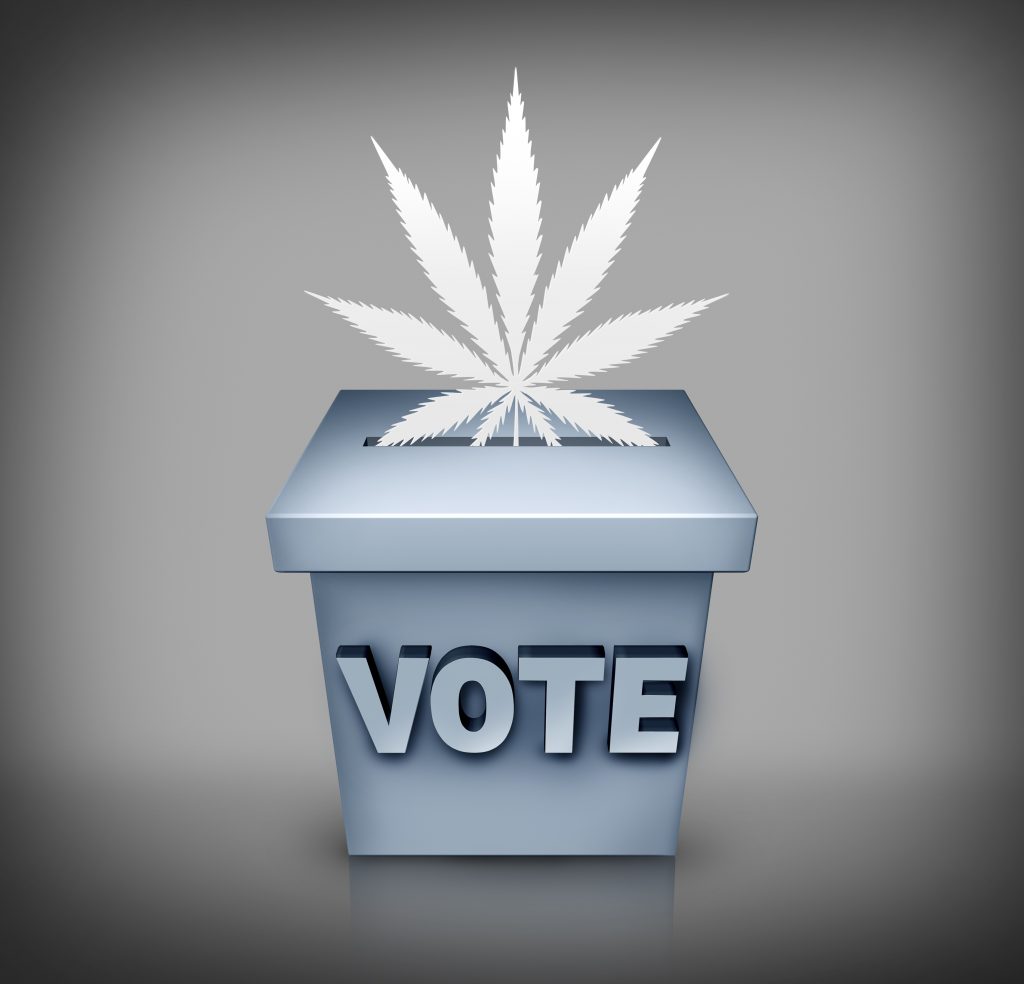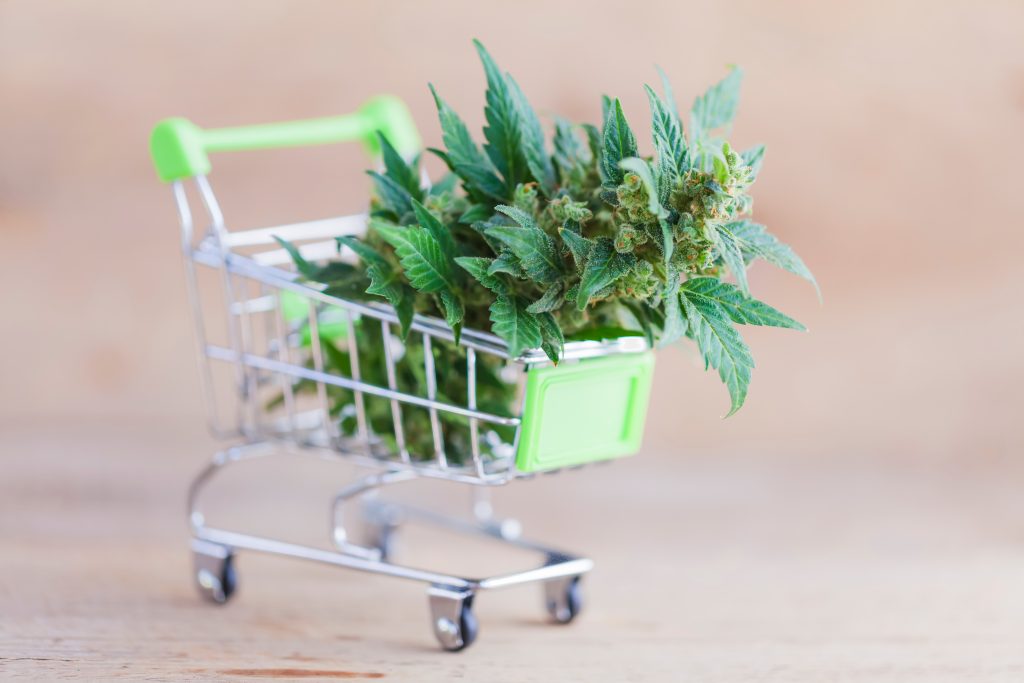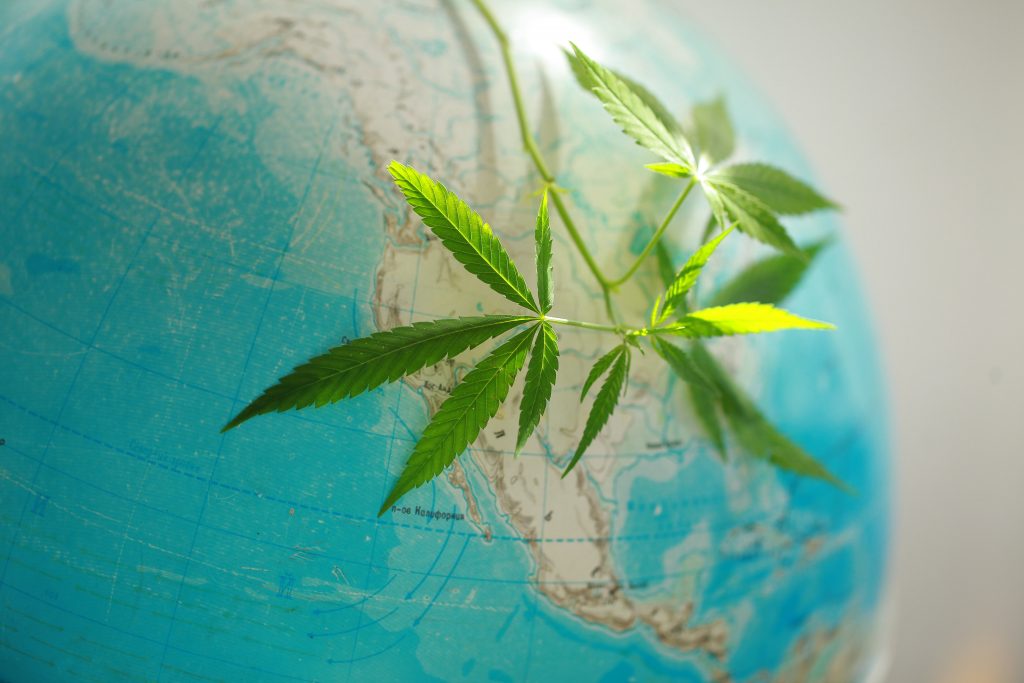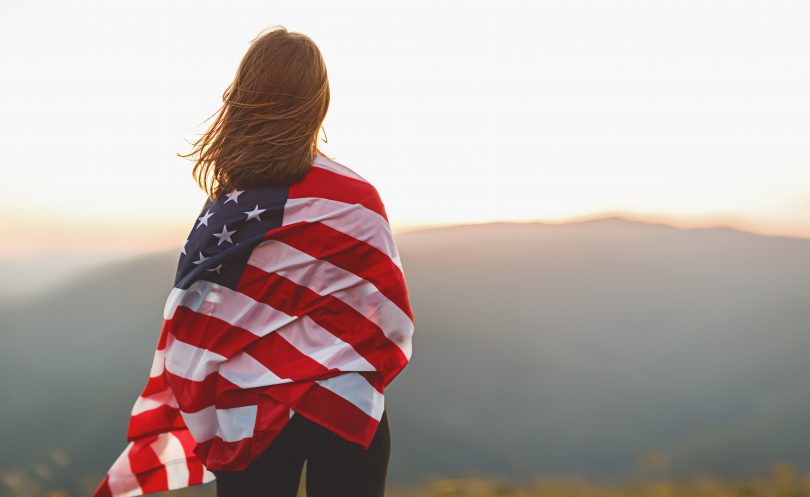To actually say ‘America is cannabis friendly’, has a double meaning. Not only does it refer to the changing legalization policies within the borders of the US, but it also has meaning in terms of the continent of North America, and the inclusion of South America as well. In fact, no matter how the line is read, it’s true on all levels. So, let’s take a look at the new ‘America’, as 2020 comes to a close, and how new cannabis policies have made ‘America’ so cannabis friendly.
If you didn’t get all your holiday shopping done before Christmas, don’t worry, we’ve still got you covered with the best Delta-8 THC deals around. Christmas might be over, but the time for buying gifts is not! Check out what we’ve got for you and your whole family.
Let’s start with the US prior to elections
In what is one of the biggest turnarounds of the past century, the country that spearheaded the global illegalization of cannabis, is now on the brink of being cannabis legal. Yes, after this past election, America is officially cannabis friendly. So, what were the election results that shifted everything, and what does this now mean for the US of A?
First let’s look at where the US was, going into the elections. Prior to the beginning of November, 12 locations in the US had recreational cannabis policies, and one US territory, Guam. Alaska, California, Colorado, Illinois, Michigan, Massachusetts, Nevada, Oregon, Washington, Maine and Vermont all have open markets, with Maine and Vermont only passing bills to form regulated markets in October of this year. Then, of course, there’s Washington DC, the 12th location, where cannabis is legal to use and cultivate, but cannot be bought or sold. DC is unlikely to get a more open policy until recreational cannabis is legalized federally, since it’s home to the federal government.
Prior to the election, 35 states (counting Washington DC) had legal medical marijuana policies, although about half limit the use of THC. Guam, Puerto Rico and the Virgin Islands also have medical marijuana policies. States that already had these policies are: Alaska, Arizona, Arkansas, California, Colorado, Connecticut, Delaware, Washington DC*, Florida, Hawaii, Illinois, Louisiana, Maine, Maryland, Massachusetts, Michigan, Minnesota, Missouri, Montana, Nevada, New Hampshire, New Jersey, New Mexico, New York, North Dakota, Ohio, Oklahoma, Oregon, Pennsylvania, Rhode Island, Utah, Vermont, Washington, Virginia, and West Virginia.

Election results
As of the November elections, these numbers have changed. Starting with recreational, there are four new additions to the legal recreational states: Arizona, Montana, South Dakota and New Jersey. Arizona passed its recreational cannabis bill through proposition 207 with a vote of approximately 60%-40%. The new law allows use and cultivation at 21 years of age and up, establishes a 15% excise tax (among other point of sale taxes which are likely to be levied), changes criminal penalties for marijuana, and works to expunge previous marijuana offences.
Montana passed its recreational cannabis bill through proposition 190 with a vote of approximately 57%-43%. This bill legalizes small amounts of cannabis for use for adults 21 years of age and older. The bill also introduces a 20% tax on non-medical cannabis, and allows for those in prison on cannabis charges to apply for resentencing or expungement of their sentences. It doesn’t seem like this will be automatic in Montana, although I expect it might change (otherwise people will be sitting in prison for non-crimes, which could end up opening the state to large amounts of litigation).
New Jersey was the third state to legalize recreational cannabis use for adults, a bill that was passed through Public Question 1, with a vote of approximately 67%-33%. The bill allows those 21 years or older to partake, institutes a sales tax (undetermined), and the ability for individual areas to introduce local taxes. The market is to be overseen by the Cannabis Regulatory Commission, which was created prior to this legalization in 2019, originally to oversee the medical cannabis program for the state.
South Dakota passed Amendment A to legalize recreational cannabis with a vote of approximately 54%-46%. This bill amends the South Dakota constitution for legalizing, regulating, and taxing cannabis. The recreational legalization is actually being legally contested currently.
But South Dakota was on double duty for this election, because not only did it legalize recreational, it also legalized medical in the same election. South Dakota passed its medical bill through Measure 26, which had a vote of approximately 70%-30%. The bill allows for patients with debilitating conditions to receive cannabis-based products, including minors. The law covers cultivation, use, manufacture, and delivery for residents of the state. As of right now, the official date for legalization for both recreational and medical, is July 1st, 2021.
Mississippi is the last entry to the list of changes. The state actually had not one, but two competing initiatives for medical legalization on the ballot, Initiative 65, and Initiative 65A. 65 was a citizen-initiated measure which beat its government-initiated counterpart by approximately 74%-26%. The overall vote of whether to legalize medicinally or not came out to approximately 68%-32%. The measures don’t sound too different, but 65 proposed more actual details. It allows patients with debilitating conditions to access cannabis products. These products would only be available by licensed treatment centers.

The current US breakdown
Now, let’s look at what we’ve got. We went into this last election with 11 US states, Washington DC, and Guam already having recreational legalization policies. Now, it’s 15 states with the inclusion of New Jersey, Montana, Arizona, and South Dakota, plus DC, and one territory.
In terms of medical, we went into the election with 34 states, Washington DC, and three territories (Guam, Puerto Rico, and the Virgin Islands), having medical policies. This was increased by two, with Mississippi and South Dakota joining in, to equal 36 states, DC, and three territories.
But there’s one more thing to consider. There are some states that haven’t gone as far as legalization, but have instituted decriminalization policies for cannabis. Some states that instituted these policies went on to legalize fully, others are on the way (like Virginia), or just staying decriminalized for now. The following are decriminalized states for recreational use: Connecticut, Hawaii, Maryland, Mississippi, New York, Ohio, Delaware, Missouri, New Hampshire, North Carolina, Virginia, Minnesota, Nebraska, New Mexico, North Dakota, and Rhode Island. These states all have their own decriminalization policies, some more lax than others, but in all these states it was decided that cannabis was not something that warranted criminal prosecution (or at least, less of it.)
What this means is that in a country with 50 states, one district, and five major territories – US Virgin Islands, American Samoa, Guam, Puerto Rico, Northern Mariana Islands – (making for 56 locations total), over 1/3 of these locations allow for recreational adult-use cannabis. 15 out of 50 states, one district out of one district, and one territory out of five. When looking at medical, it becomes 40 locations out of 56 locations with 36 out of 50 states, one district out of one district, and three territories out of five.
Perhaps, the better way of looking at it though is to add all the recreational legalizations, with all the recreational decriminalizations. In that case, subtracting territories, we’re looking at 16 legalized states/locations (including DC) + 16 states with decriminalization policies, and that equals 32. This means that 32 out of 51 locations don’t really want to prosecute you for cannabis (for the most part, and not including anything other than possession and use). This is well over half the states/locations of the country.
Now, what about adding in the states that are legal for medical use, but aren’t legal for recreational use, or decriminalized? Then we’re looking at the addition of Arkansas, Florida, Louisiana, Michigan, Minnesota, Oklahoma, Pennsylvania, Utah, and West Virginia. That’s nine more added on, making a total of 41 states/locations that allow recreational cannabis use, medical cannabis use, some level of recreational cannabis decriminalization, or a combination of the above. That’s 80% of the country. And that certainly backs up the idea that America is cannabis friendly.
The greater ‘America’

Now that we’ve established that America is cannabis friendly in terms of the US, let’s take a step back. ‘America’ does not include just the US, so let’s look at the entire continent of North America. We’ve got Canada, which legalized cannabis for recreational use in 2018, and Mexico , which legalized cannabis for recreational use through its court system in 2018 as well, but which is still waiting on its governmental legislation to go in line with its supreme court rulings. This deadline has been pushed back several times, with the most recent due date of December 15th being pushed off once again until April of 2021. But regardless of that, the country has been legalized, and that means that the US, and its majority of states that are marijuana-friendly, is sandwiched between the two other countries of the continent, both of which are cannabis legal countries. This makes North America as a whole the most cannabis friendly continent in the world.
Taking it back one more step allows the inclusion of Central and South America. While there aren’t too many recreational legalizations in the area, Uruguay is most certainly there, and it’s the very first country to legalize for recreational use in the world. Colombia is there too, and that country is in the process of pushing through a recreational legalization policy as well. Then there is a whole slew of countries that allow for medicinal use, or have personal use laws for recreational use, like: Argentina, Chile, Brazil, Peru, Venezuela, Ecuador, Costa Rica, etc. In total, when looking at all the countries that have personal use laws, or medical legalizations, you’re looking at nearly all of South and Central America. And this further backs up the idea that America is cannabis friendly, and in fact, the most cannabis friendly part of the world.
Conclusion
Laws move slowly, and so does setting up regulatory frameworks for new industries. But if you take a look at ‘America’ as a whole, it’s happening, and way faster than in other places. The recent US election highlights how close the US is getting to a federal legalization, but when looking at the continent of North America, or the Americas in general, it really becomes that much more apparent that America is very cannabis friendly. Perhaps the best example is bringing it down to North America, where all three of the countries that form the continent – Canada, the US, and Mexico – are all legal for recreational use, either federally, or partially by state.
Thanks for dropping in at CBDtesters.co, your prime location for all cannabis-related news. Keep up to date by joining us regularly, and sign up to our newsletter so you’re always on top of what’s going on!
Resources
Guam Legalized Recreational Marijuana, Asks Citizens to Help
First Ever Virtual CannX 2020 Conference – October 26th, 2020
India’s Bhang Loophole, and the Question of Legalization New Bill: Colombia Will Legalize Cocaine?
Best Way to Detox Cannabis For Drug Tests
Cannabis And The Elderly: A Neurophysiological And Pharmacological Recreational Cannabis in Colombia – Coming Soon? Review Best Deal Of The Year – $9.99 Delta 8 THC Vape Cartridges
What is DELTA 8 THC (FAQ: Great resource to learn about DELTA 8THC)
Argentina Legalized Medical Cannabis in 2017 – and Gives It Away for Free
Death Penalty for Cannabis: Which Countries Will Kill You
The CBD Flowers Weekly newsletter (your top resource for all things smokable hemp flowers)
The Medical Cannabis Weekly newsletter (International medical cannabis business report)
Uruguay Was The First Country to Legalize Cannabis – How Are They Doing Now?
The Delta 8 Weekly Newsletter (All you need to know about Delta 8 thc) and the Best Black Friday Delta 8 THC Deals 2020. Cannabis Election Results –Paraguay Grows it, Brazil Takes it… Will New Cannabis Laws Change Anything? Iran Still Hands Out Death Sentences for Cannabis
U.S. Cannabis Price – Which Is The Most Expensive State?
A Complete Look At Cannabis and Depression
Can Using CBD Make You Fail A Drug Test?
Will Mexico Become Biggest Legal Cannabis Market? Best Ounce Deals on Indoor Hemp Flowers
You’ll Not Want to Get Caught with Cannabis in Japan! Best Hemp Flowers Deals
Mexico Still Waiting on Its Promised Cannabis Legalization









